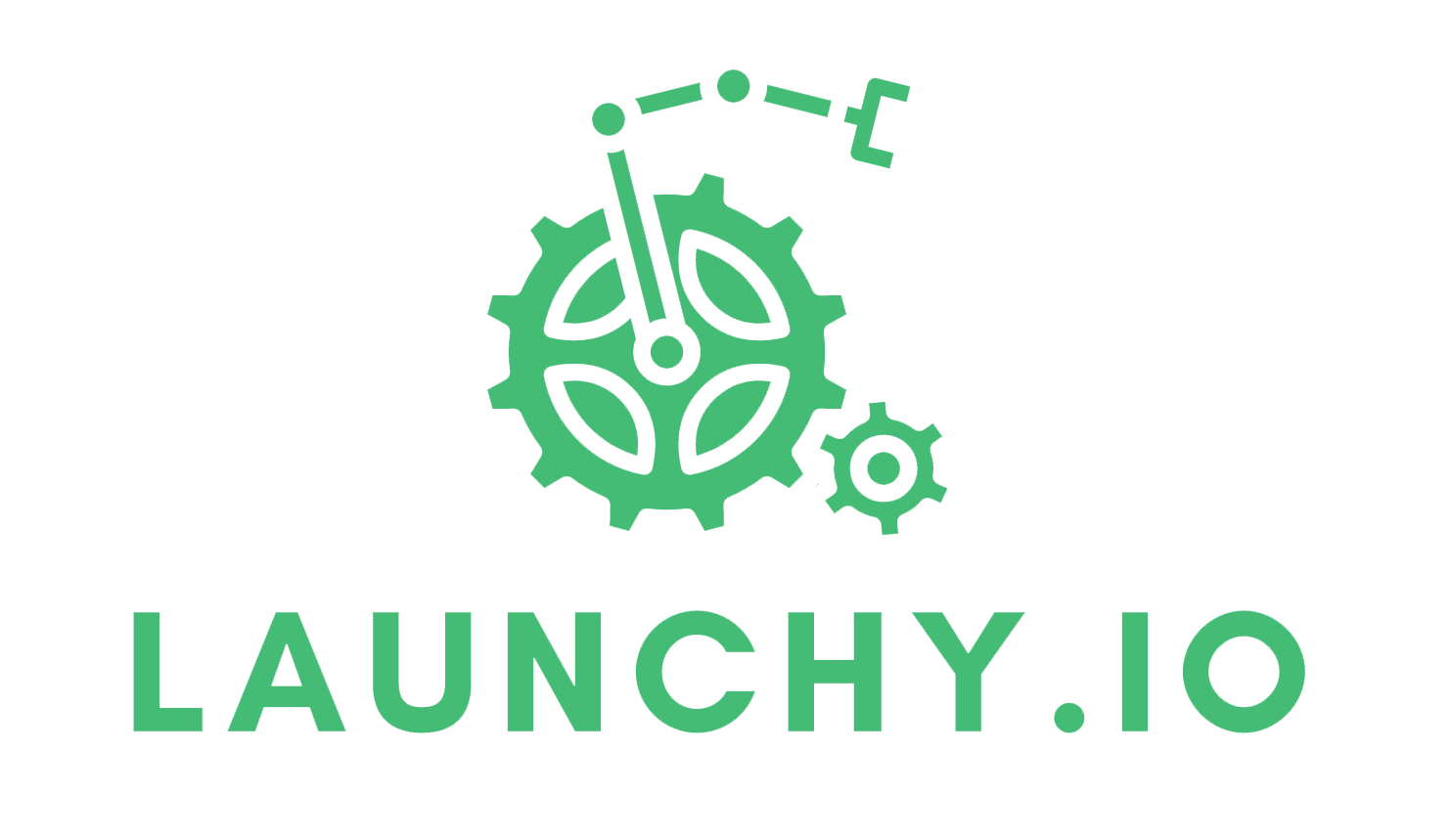In today’s business landscape, technology has helped to speed up workflow processes and keep organisations agile, functions which play a pivotal role in organisational success. Among the technologies which have grown in popularity is marketing automation. But organisations yet to invest in it or just beginning to discover this advancement may be wondering, “what is marketing automation?”.
To put it simply, marketing automation utilises both software and technology, which can be integrated to simplify and streamline workflow processes. Marketing automation is renowned for its ability to automate various tasks that are usually done manually, which saves employees’ time and labour-related costs for organisations.
There are various features incorporated in a marketing automation platform that can improve the operational efficiency of an organisation. When utilised to its utmost potential, marketing automation could be the driving force giving an organisation the competitive advantage that keeps it ahead of the curve.
That said, how can marketing automation be leveraged to boost the operational efficiency of an organisation? Let’s dive right in and explore the benefits of investing in marketing automation and the various ways it helps organisations remain agile and able to overcome various business challenges in this blog post.
It boosts workforce productivity
One of the best perks of a marketing automation platform is its ability to automate repetitive, time-consuming, laborious, and tedious tasks—this gives marketers more flexibility to focus on the numerous ways they can make the brand appeal to existing customers and attract potential customers.
A marketing automation platform benefits not only marketers but also sales personnel. A customer relationship management (CRM) software can be integrated with a marketing automation platform to speed up processes and enhance the way customer data is utilised to further marketing efforts.
In addition to performing general administrative tasks, a marketing automation platform is embedded with built-in workflow automation that can navigate various internal processes, such as lead scoring, data syncing with CRM systems, and allocating tasks that use manpower and resources more efficiently.
It scales businesses
Many small businesses have plans for business expansion. Marketing automation eases this transition and makes it as hassle-free as possible for organisations to expand their business efforts without having to invest in other technology resources or seek out other avenues.
This is because automation can be scaled to fit the business requirements of different company sizes. Whether it’s to gain and handle a larger customer base or navigate the various challenges associated with the growing pains of an organisation, marketing automation helps with expansion.
This platform also ensures that marketing efforts are consistent across various channels and touchpoints. This reduces the need for employees to be on standby to check for any anomalies in their workflow processes and make adjustments. It helps save time while also maintaining brand integrity.
It helps personalise customer experiences
One way organisations can boost their ROI is by targeting their marketing efforts to the right customers. Audience segmentation can be achieved with the combination of both CRM and marketing automation integration.
By collecting relevant customer data, marketers can analyse the demographics that would be suitable for a particular marketing campaign. This can be done by segmenting an audience through their past purchases, buying behaviour, age range, location, and personal interests.
This way, marketers can generate a drip email campaign at regular intervals to allow customers to make up their minds while also increasing their chances of generating high-quality leads. Personalisation will make customers feel appreciated and valued, forming a deeper connection with them.
This is where organisations can collect high-performing leads for lead nurturing, and eventually convert them into sales. The result? Higher sales revenue, a larger customer base, decreased manual labour, and maximised cost-saving measures.
It automates social media posts
Marketers are busy bees and need more flexibility to juggle many responsibilities. When organisations make expansion efforts, their social media approach needs to be optimised to measure up to their business requirements.
This means that more social media accounts have to be created to match possible new entities being added to the business’s core services. This could also mean that more social media posts need to be created and posted to increase brand awareness.
Marketers can’t be on standby round-the-clock to schedule posts or answer a growing list of customer inquiries. Hence, using the social media automation features on a marketing automation platform helps to craft compelling and captivating posts and schedule them ahead of being posted in real time.
Marketing automation enables a chatbot feature that can automate generic responses to customers’ frequently asked questions (FAQs) or general questions. For more complex questions, customers can opt to speak to a customer service representative so the work doesn’t fall on the shoulders of marketers.
It collects valuable data to make more informed decisions
If an organisation is wondering why some marketing campaigns are successful and some fall short of their expectations, marketing automation is able to provide them with valuable data-driven insights into their campaign performance.
Besides tracking campaign performance in real-time, marketers can collect valuable insights from past campaign performances to help them with their decision-making on future processes or campaign approaches. This way, marketers can brainstorm and rework their campaign strategies.
Get in touch with automation experts to learn more about “what is marketing automation?”
In today’s contemporary workplace, organisations can’t afford to rely on manual processes to enhance their operational efficiency and have a competitive edge over other businesses. Marketing automation plays a pivotal role in streamlining workflow processes and enhancing the way organisations navigate an increasingly complex marketplace.
Schedule a consultation with a leading automation expert today to learn more about “what is marketing automation?” and how investing in this technology can help you reduce operational and labour-related costs, boost workforce productivity, and improve your organisation’s overall ROI.

